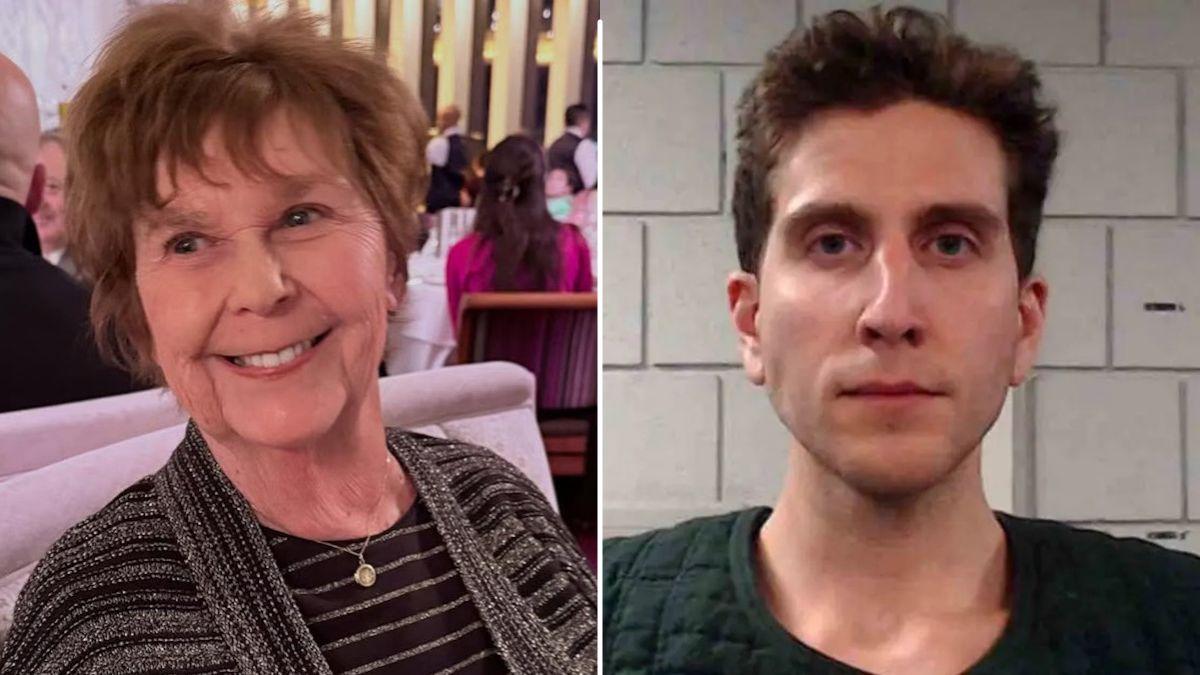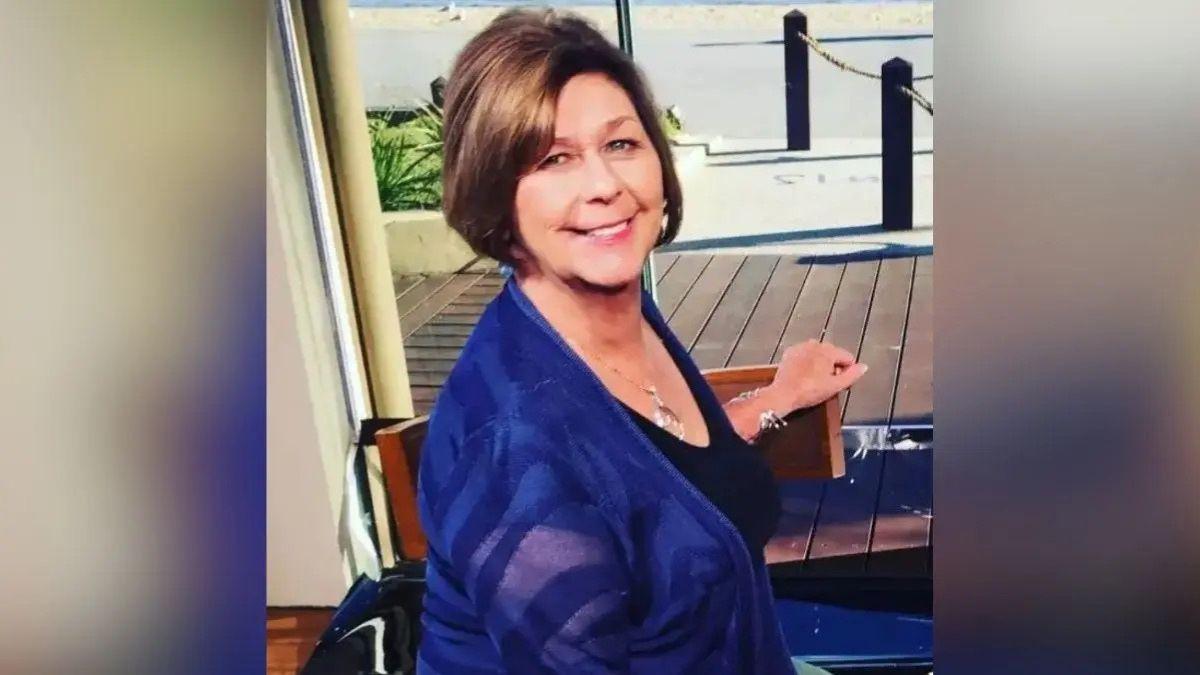Jeffrey Epstein Built Vast Fortune Through 'Money Laundering, Spying and Arms Deals'

Sept. 19 2019, Published 10:55 p.m. ET
How did Jeffrey Epstein make his millions? The second episode of "Epstein: Devil in Darkness" reveals some of his financier's shady business practices and how he spent the money he made on them — namely, the lavish properties where he often entertained guests, including women who were allegedly and concerningly young.
"I was greatly impressed with his demeanor, his ability to understand complex securities underwritings and sales to investors," Steven Hoffenburg, a former Wall Street executive said in particular about Epstein's role in the infamous Towers Financial collapse when Hoffenburg was a chief executive officer. "He was also broke. He was literally without funds because he got into trouble in Europe." Hoffenburg claimed that Epstein got involved in criminal activity including "money laundering, spying and arms deals in different countries overseas" to make money long before he ever got wrapped up with Towers Financial.
"Jeffrey Epstein participated full time and was a mastermind in that par of the Towers Financial crimes," Hoffenburg explained in the podcast. When the Ponzi scheme collapsed in 1993, the exec was given 20 years in prison along with a $1 million fine and $463 million in restitution. Meanwhile, Epstein got away without charges. Instead, he made millions — and to this day, it's not entirely clear how.
But with that money, Epstein bought properties. "The employees had to sign that they would never disclose any information," Nancy Sowle revealed, while another former employee, Ean Royal, described one of the locations — a ranch — as "super lavish." Epstein had a mansion in Palm Beach, Florida, which journalist Laura Goldman described in the podcast as being not "the grandest house on the block, but it was the most private." He also owned a residence on 71st Street in Manhattan, which along with the Palm Beach home was allegedly the epicenter of his sex trafficking operation. Plus, there was the sprawling parcel of land in New Mexico he named Zorro Ranch. Several staff members from the property spoke out on the podcast and offered disturbing details about what transpired there.
It was former ranch hand Diedre Stratton who exposed some of the more illicit activity at Zorro Ranch. She made the explosive claim that Epstein's right-hand woman, Ghislaine Maxwell, would help him to be "surrounded by beautiful women" whenever he was visiting.
Stratton claimed the staff was required to have massage therapists drive to the property "at a moment's notice." And the specifications for these women were extensive. "They needed to be young, attractive, no visible piercings or tattoos. We always had to put a washcloth on the massage table ... You put a man and a washcloth in the same room, what do you think happens?" she claimed. Later in the podcast, Stratton said she remembered a pilot once stating, "One day, Jeffrey Epstein is going to get nailed for transporting underage girls across state lines."
However Epstein made his millions, it's clear that he used much of it for activities that have a cloud of suspicion cast over them, even after his shocking death.
"Epstein: Devil In Darkness" is produced by the creators of "Fatal Voyage: The Mysterious Death of Natalie Wood," which earned over 10 million unique downloads and more than 50 million media impressions worldwide as one of the most downloaded podcast series of 2018. The series was also named to Apple Podcasts’ Most Downloaded New Shows of 2018 and received a 2019 Webby Best Series honoree nod from the International Academy of Digital Arts and Sciences. You may have seen the series featured on national television programs including Dr. Phil and The Today Show.

"Epstein: Devil In Darkness" releases new episodes every Thursday.


